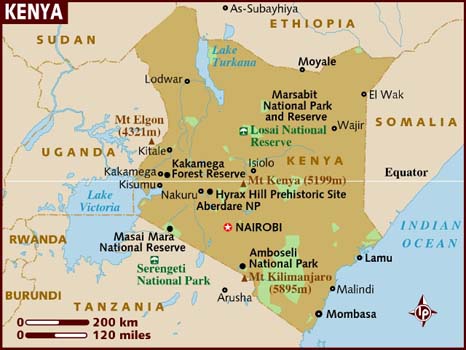Let Us Help You Plan Your Safari

How many days do you want to do a safari
We hardly need to state that the length of time you spend on an African safari has a direct impact on how much it’s going to cost you. And the more days you spend on safari (with the same company), the less you’re going to end up paying on a per day basis.
When do you want to go?
Visiting much of Africa during the school holidays costs more than going outside the holidays, but other local factors can also impact the cost of your safari. The majority of African national parks have periods when the wildlife spotting is better than other times. If you want to keep costs down, try visiting during a park’s off season. While this can mean less visible wildlife and, if it’s the Wet season, occasionally washed out roads, it does bring significantly lower prices, less tourists, and gorgeously lush countryside.
Where do you want to go?
Many people are surprised to discover that much of southern Africa, where park infrastructure is often better and self-drive and camping safaris easier, offers a cheaper safari experience than East Africa.
What level of accommodation are you comfortable with?
As with any holiday, accommodation is going to eat up the lion’s share of your budget. Starting at the very top are the highly exclusive, tented camps often found in private or community conservancies. Deliciously romantic they might be, but there’s no getting away from the fact that these places cost a fortune. In high season many come in at a cool $2,000 per night for two people.
What location of the accommodation do you prefer? inside park or outside?
One good way of saving money is by staying outside of the parks. The problem with doing this is that you’ll normally miss the first dawn light or the glow of dusk. Both of which are the prime animal spotting times.
How do you want to get around (on a safari van or Land cruiser)?
Most camps and lodges offer morning and evening safari drives. At the very top-end places these will be conducted in custom-made luxury safari jeeps. At the opposite end of the spectrum come the pop-top minibuses used by many budget safari companies. Be careful with these. Some companies make sure that every seat in the vehicle has someone sat on it and if you get a middle seat you won’t see much.
How luxurious would like your experience to be?
Head to big name parks such Masai Mara or include helicopter safaris and you’ll find higher prices. Other safari types to hike your prices includes Gorilla trekking but the experiences are phenomenal.
Are you requesting a specific requirements due to interests or hobbies?
National park boards are fully aware that people are willing to pay more to see a cheetah than a hornbill (a type of bird). Visiting a park with an abundance of large and visible mammals will invariably cost you more than visiting a small, low-key park where the wildlife attractions are more specialized. If keeping costs down is important then limit your time in big-name parks and instead get excited by the birds and the bees in the smaller, lesser known protected areas.
Banking hours
Banks in Nairobi and other large towns open from 9am-3pm Monday to Friday and 9am-11am on the first and last Saturday of each month.
24 hours access to your account can be facilitated by the 70 ATMs countrywide. Barclays Bank has over forty `Barclay cash` ATMs located within the cities of Nairobi and Mombasa; and other major towns. Banks in Mombasa and the coastal areas open and close half an hour earlier. Some banks at the international airports open round the clock every day as do the new foreign exchange bureaux.
Public pay phones are fully automated. Simply pick up the handset and follow the digitalized prompts on the screen to make your call. Card and coin phones are available. Phone cards of different denominations may be bought from post offices or international call offices in major towns. You can also make use of hotel phones but the charges are usually 100% more. Local dialed calls cost a minimum of KSH 5.00, so have plenty of change.